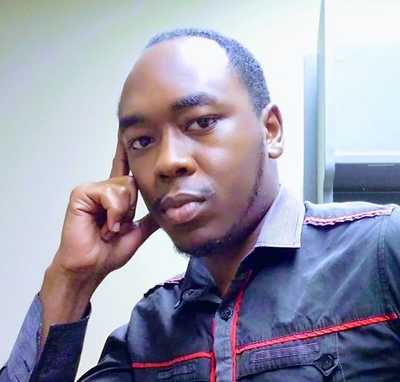Swahili Expressions Only a Speaker Would Know!
June 30, 2022
In previous blog posts, we have explored common Swahili expressions (Swahili words and phrases) as well as Swahili expressions that a non-speaker may already know even before they start learning Swahili. This article takes a somewhat different trajectory looking at Swahili expressions that are likely to be known only by speakers of Swahili. We also give possible reasons for this eventuality.
Proverbs (Methali)
Methali is the Swahili language word for proverbs. Proverbs are ubiquitous basic Swahili expressions both in written and spoken Swahili. Even when speaking English, speakers of Swahili insert a Swahili proverb here and there when they think they need to pass on some wisdom, a warning, emphasize a point, counter a point, or joke.
These Swahili expressions are so common that even speakers who do not necessarily boast of fluency often use them in conversations. Haraka haraka haina baraka, loosely translated as “Hurry hurry has no blessing” but translating more directly to one of United States’ founding fathers, Benjamin Franklin’s quote, “Haste makes waste,”
Asante ya punda ni mateke, “A donkey expresses its thanks through kicks,” and Asiyesikia la mkuu huvunjika guu, “He who heeds not to an elder’s advice ends up with a broken limb,” are some of the most common methali. These Swahili expressions are likely to be known only to Swahili speakers because of their length and their connection to East African culture. The above proverb examples show aspects of East African culture that East Africans value.
For instance, the last one demonstrates that elders are highly respected as sources of wisdom across East Africa.
Swahili Sayings (Semi za Kiswahili)
Semi za Kiswahili, “Swahili Sayings,” are another group of Swahili expressions likely to be known only to speakers of Swahili. Like proverbs, these Swahili expressions are common both in written and spoken Swahili. Non speakers would hardly use or even comprehend these short Swahili expressions owing to their unconventionality. Like phrasal verbs in English, semiza Kiswahili cannot be understood using one’s knowledge of the individual words that make them up.
The uniqueness of these Swahili expressions is further extended by the fact that some of them have no alternative manner of expressing what they mean. A case in point is the semi, piga magoti, literally “hit knees” but which actually means “kneel down.” It is mostly thanks to this factor that semiza Kiswahili fall into the category of Swahili expressions likely to be understood only by speakers.
Sheng Words and Expressions
Sheng is a language variety mostly spoken in Kenya that amalgamates English and Swahili to form its own vocabulary. Though it contradicts Swahili syntax and other grammatical rules, Sheng is closely modeled after Swahili in intonation and appropriates some Swahili expressions as they are but to mean something totally different.
Some of the Swahili dictionary that Sheng appropriates include words like sasa, mambo, and poa which mean “now,” “things,” and “cool,” respectively in standard Swahili. They are used to mean “hi/hello,” “how are you,” and “very well” respectively in Sheng. Where Swahili expressions have been appropriated into Sheng, people speaking Swahili tend to prefer their usage in Sheng and use them more often in that manner. A Swahili non-speaker is unlikely to know these Swahili expressions owing to the Sheng interference.
Written By

Kimathi
Kimathi got his education degree to teach Swahili at the University of Nairobi and taught Swahili language and literature at a high school there for three years before coming to the US for graduate studies. He has worked as a translator and editor for the last few years as well as teaching Swahili language and African cultural studies classes at the University of Wisconsin, Madison.
Ready to begin your journey?Schedule your first lesson now

